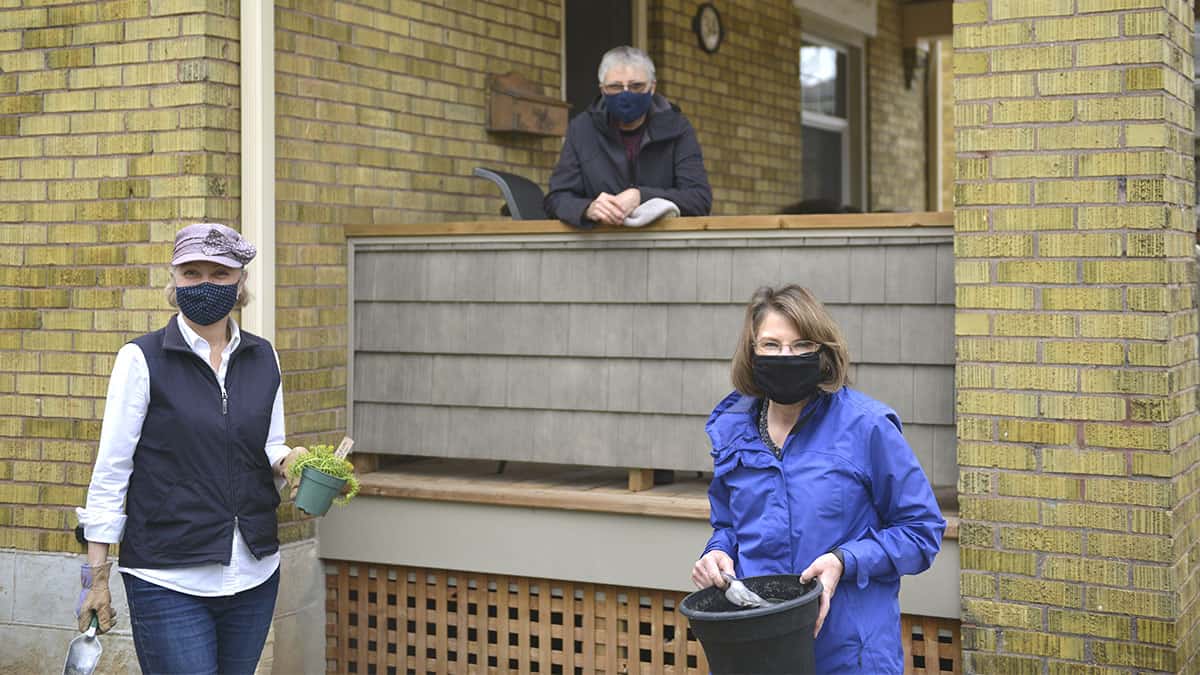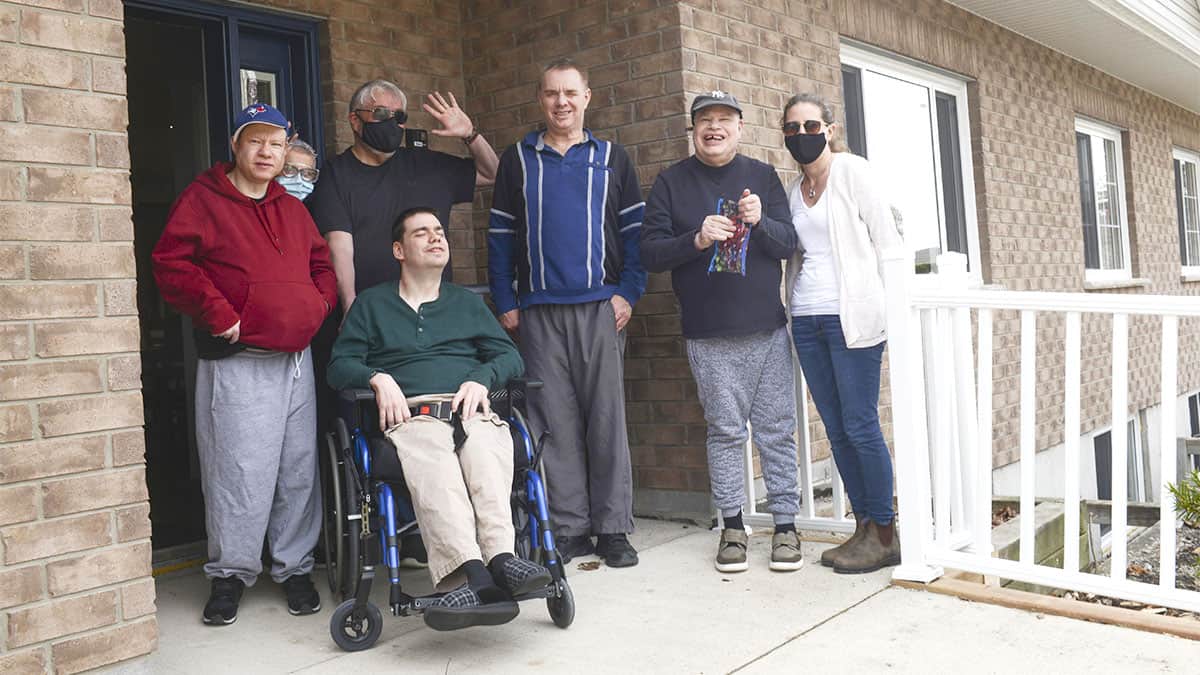In announcing $250 million in new funding for rural transit solutions, the federal government had in mind projects such as the Ride Well pilot underway in Wellington County.
In fact, the program was part of the online discussion last week when Minister of Infrastructure and Communities Catherine McKenna announced the funding. She was joined by Kelly Linton, mayor of Centre Wellington Township, Warden of Wellington County and a member of the Ride Well board.
“Wellington County’s Ride Well is a rural transportation pilot that serves our large geographic area with a low population density. Through provincial transportation funding, Wellington County has been able to test this innovative rural transit option, while providing residents with affordable transportation. Ride Well enhances the lives of our residents helping them access essential services, travel to work and participate in the community. We are thrilled to see this funding for rural transportation, and look forward to the new rural transit solutions that develop across Canada, benefitting residents and supporting local economies,” said Linton in a statement.
For the past year and a half, Wellington County has been piloting a transportation program that resembles popular on-demand services or ride-sharing services such as Uber and Lyft more so than a routine bus schedule.
The service uses a rideshare app called RideCo from a Waterloo-based company, hiring dedicated drivers to help make travel easier for rural residents in such a large, sparsely populated county, particularly getting people to and from Guelph, the county’s largest city.
The pilot project was launched in late-2019, drawing on some $500,000 provided the year before by the provincial Ministry of Transportation. The move followed a community study which showed 89 per cent of respondents supported a public transportation system in the county. Now with two years to go, ridership is higher than ever, said Crystal Ellis, the county’s director of economic development.
When the program was first launched in October of 2019, there were 75 rides, which then nearly doubled in November to 146. The following year, 2020, started off strong with 269 riders in February, but numbers started to dwindle with the pandemic. The numbers are starting to rise again, hitting 267 in February of this year and 393 in March, the highest number yet.
Initially, the program had riders sharing a vehicle, but with COVID restrictions now in place, the program isn’t offering that option anymore.
“With COVID, we’ve had to limit our ride sharing. So it’s just one ride or one trip per booking. We’re not having that collaborative ride happening at the moment,” said Ellis, noting Ride Well will have to wait until after the pandemic to get a better idea of ride-share numbers.
Since the launch of the pilot, organizers have been tweaking the program in response to input from residents. For instance, there have been changes to reflect issues with making connections to public transit in Guelph, said Ellis.
Complications with the program have included inaccessibility with connecting to other areas like the city of Guelph, which called for some new changes.
“We found that it was challenging for people, so we changed it and allowed for pickup and drop off in the city.”
The experiences of projects such as Ride Well may help shape other rural transportation projects, including the Region of Waterloo’s proposed on-demand service for Breslau, which is currently in the review stage.
“I think any type of transportation option is beneficial. It’s great to be able to provide a variety of options for people,” said Ellis, adding new methods provide more challenges that established modes of transit, though there are now various options for rural residents.
“On route-based systems, people have to accommodate their time to make sure they’re arriving and departing at the at the correct time,” she said of traditional transit. “With the on-demand, there is a benefit, more like a taxi, because you can you can call and make that option. We still have other ride-share options operating in the county like Uber and those different services, so it could just be a matter of cost. Sometimes people will be able to use that in all different types of hours or the availability of people who are offering that service.
“We have a taxi service as well, but they may not cover as broad an area. That is our biggest challenge – because we’re quite large, we don’t have a bus service throughout the county. So, finding ways to be able to create links … to kind of find those best fits is good for people. They have a choice. And they can find the right price point for themselves too.”
More information can be found online.









